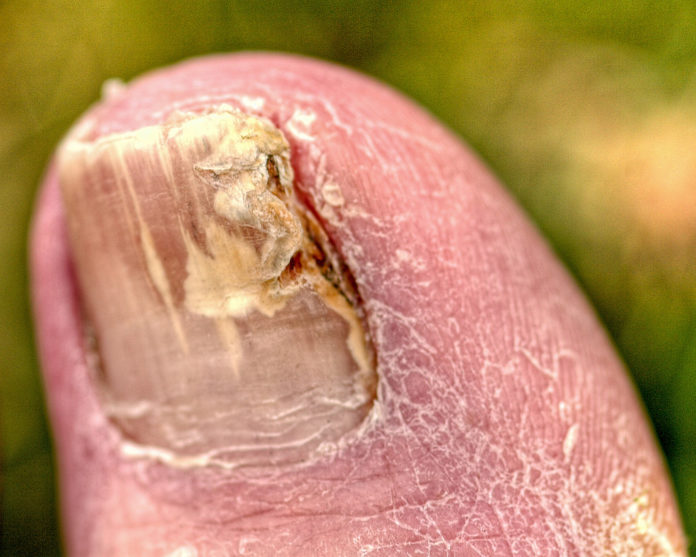Candida auris is an aggressive, tenacious fungus that develops drug resistance very quickly
There is a new drug resistant bug on the block and it is creating ripples across the world. Candida auris made headlines after it was reported by the New York Times Mount Sinai Hospital had to rip a room apart to get rid of a candida infestation.
The bug – a fungus – has been known for about ten years now and is known to be prone to drug resistance but the extent of its aggressive nature is becoming apparent only now.
What is Candida auris?
According to the Centers for Disease Control and Prevention (CDC) Atlanta: “Candida auris is an emerging fungus that presents a serious global health threat. C. auris causes severe illness in hospitalized patients in several countries, including the United States. Patients can remain colonized with C. auris for a long time and C. auris can persist on surfaces in healthcare environments. This can result in spread of C. auris between patients in healthcare facilities.” Hospital outbreaks of Candida are common because Candida typically attacks people with low immunity.
How long has it been known?
Candida was first identified in a Japanese patient in 2009. In 2013, Indian researchers wrote in the journal Emerging Infectious Diseases: “C. auris assumes a greater clinical significance for the successful management of candidemia because all the reported isolates, including the new isolates, were fluconazole resistant. Most patients in this study had persistent candidemia, and mortality rates were as high as 33%. In conclusion, C. auris is an emerging yeast pathogen that is underreported because it is misidentified in routine diagnostic laboratories. The resistance of C. auris to fluconazole is particularly worrisome.”
Existing clinical guidelines of the CDC already describe in great detail the precautions that need to be undertaken for a patient with Candida infection. It includes screening of everybody who has come in contact with such a patient.
Cases have been reported from Australia, Canada, China, Colombia, France, Germany, India, Israel, Japan, Kenya, Kuwait, Oman, Pakistan, Panama, Russia, Saudi Arabia, Singapore, South Africa, South Korea, Spain, the United Kingdom, the United States (primarily from the New York City area, New Jersey, and the Chicago area) and Venezuela.
Characteristics of Candida
- It is often multidrug-resistant, meaning that it is resistant to multiple antifungal drugs commonly used to treat Candida infections.
- It is difficult to identify with standard laboratory methods, and it can be misidentified in labs without specific technology. Misidentification may lead to inappropriate management.
- It has caused outbreaks in healthcare settings. For this reason, it is important to quickly identify C. auris in a hospitalized patient so that healthcare facilities can take special precautions to stop its spread.


